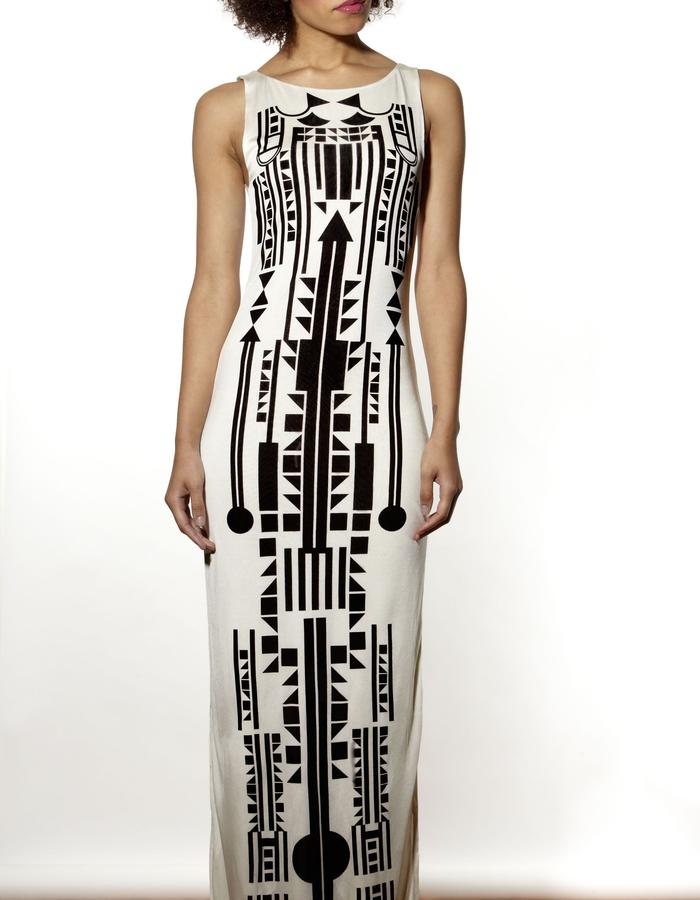Fashion is a powerful tool for self-expression, identity, and empowerment. In South Africa, female-owned fashion brands are not just crafting beautiful garments; they are weaving narratives of resilience, creativity, and change. These entrepreneurs are driving economic growth, fostering community development, and breaking stereotypes, all while adding vibrant threads to the global fashion tapestry.
The Rise of Female Fashion Entrepreneurs
The South African fashion landscape is rich and diverse, influenced by a tapestry of cultures, histories, and traditions. Women in this industry are increasingly taking center stage, building brands that reflect their unique perspectives and the rich cultural heritage of the nation. These brands are not only about aesthetics but also about challenging norms and creating platforms for other women to thrive.
A Beacon of Innovation and Tradition
One of the standout names is Sindiso Khumalo, whose eponymous brand is celebrated for its sustainable and ethically produced fashion. Khumalo’s work is a fusion of her Zulu and Ndebele heritage with contemporary design, often incorporating handwoven fabrics and prints inspired by African art and architecture. Her commitment to sustainability goes beyond fabric choices; it includes fair labor practices and supporting local artisans, providing them with a stable income and preserving traditional crafts.
Similarly, Palesa Mokubung’s label, Mantsho, meaning “black is beautiful,” is a testament to African elegance and sophistication. Mantsho’s collections are known for their bold prints, vibrant colors, and innovative silhouettes. Mokubung’s work has gained international recognition, including a collaboration with H&M, bringing South African fashion to a global audience and highlighting the potential of African designers on the world stage.
Empowerment Through Employment and Education
Many of these female-owned brands are not just businesses; they are social enterprises that prioritize the welfare of their communities. Tshepo Jeans, founded by Tshepo Mohlala, employs women from disadvantaged backgrounds, providing them with skills training and a pathway to financial independence. These initiatives help combat unemployment and poverty, fostering a more inclusive economy.
The brand Rich Mnisi, created by its namesake designer, also stands out for its commitment to diversity and inclusion. Mnisi, a vocal advocate for LGBTQ+ rights, uses his platform to challenge gender norms and celebrate individuality. His work is a bold statement of self-acceptance and empowerment, encouraging others to embrace their uniqueness.
Creating Platforms for Change
Female fashion entrepreneurs in South Africa are also leveraging their success to create platforms for other women. The Imprint ZA brand, founded by Mzukisi Mbane, runs mentorship programs for aspiring young designers, providing them with the skills and knowledge needed to succeed in the fashion industry. This spirit of mentorship and collaboration is vital for nurturing the next generation of female leaders in fashion.
Furthermore, platforms like the Africa Fashion International (AFI) Fashion Week are instrumental in showcasing the talent of South African women designers. These events provide much-needed visibility and networking opportunities, helping designers to connect with buyers, media, and the global fashion community.
The impact of female-owned fashion brands in South Africa goes far beyond the garments they create. These entrepreneurs are redefining the fashion industry, championing sustainability, fostering economic growth, and empowering their communities. Through their creativity and determination, they are proving that fashion can be a powerful vehicle for social change and a source of empowerment for women across the continent. As they continue to break barriers and set new standards, the world watches in admiration and anticipation of what they will achieve next.








